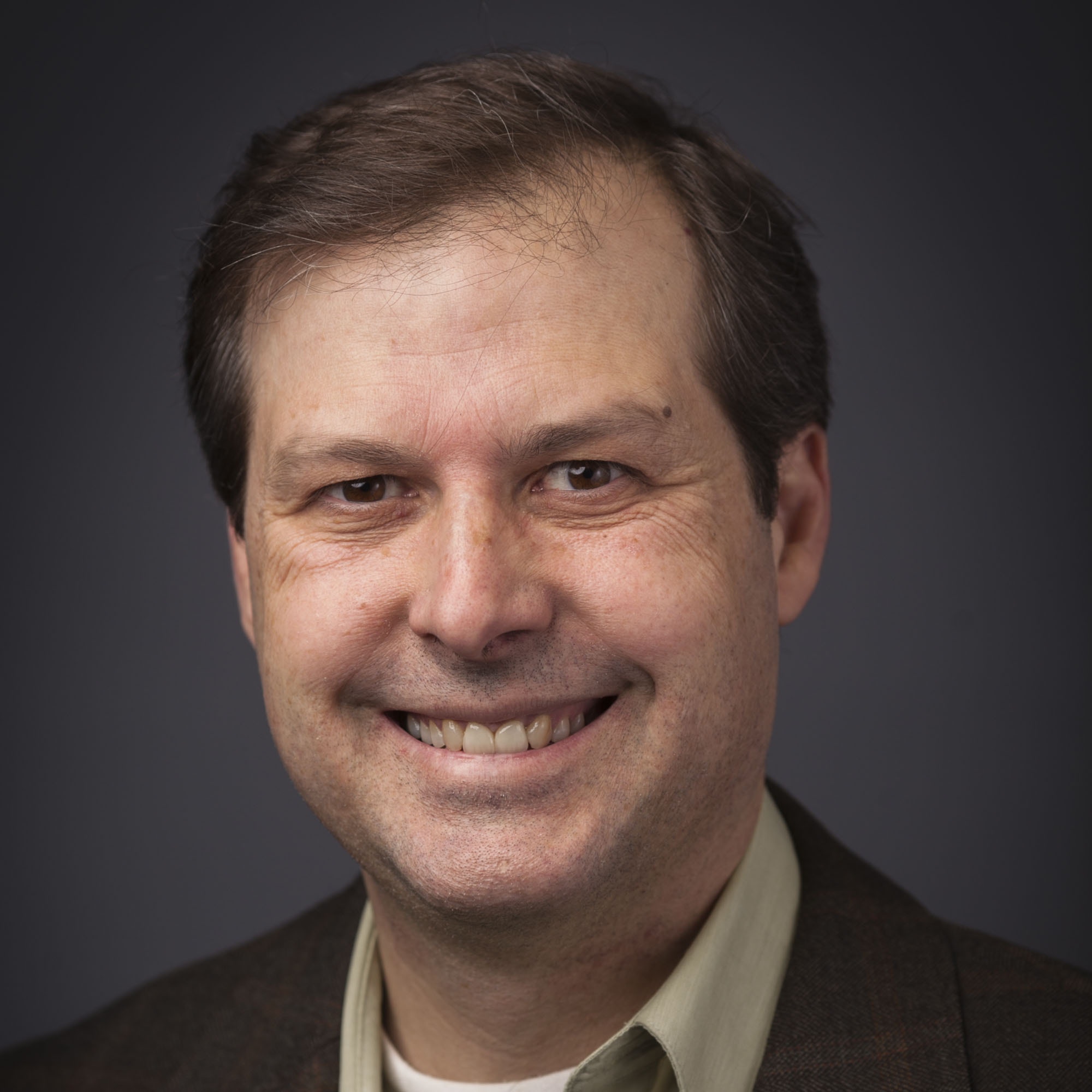By: Amelia Bodge, Staff Writer
On March 5th USM held a Panel Discussion titled “The End of School Policing?”
The Panel was cosponsored by the Sociology and Criminology departments at USM. The main speaker was Alex Vitale, author of The End of Policing. He came to speak to the city of Portland and the State of Maine about possibly removing police from public schools altogether.
The discussion panelists at this event included: Chief of Portland Police Frank Clark, South Portland High School resource officer Alfred Giusto, Portland School Board Chair Roberto Rodriguez, and a representative from Maine Youth Justice Al Cleveland.
Alex Vitale says policing in schools dates all the way back to the 1950s. School police were put into middle schools where students could be helped before they reached high school and it was perceived as too late. This was done not because kids needed policing in middle school but to try and prevent students from becoming what was referred to as “juvenile delinquents.”
Vitale goes on to explain that he believes the community issues don’t stem from a lack of respect for authority but are “rooted in fundamental issues of poverty and social exclusion.” He says that school success is tied not to school policing but rather to whether or not school completion will give the students a better future in their minds.
In the modern era policing in schools has only grown due to concerns after school shootings like Columbine and Parkland. Critics of police in schools like Vitale say that more police involvement isn’t always the solution because in both those incidents there were armed school resource officers on site but the shooter was not stopped. Vitale notes students’ feelings of safety are not improved by onsite police and goes on to say that according to research students feel less safe with things like metal detectors in place.
He suggests the way to help students feel safe and welcome at school is through supportive staff like coaches, social workers, mentors, and counselors. Proponents for the removal of school resource officers, like Vitale, suggest putting more staff and funding into those roles.
Some of the panel members don’t totally agree with Vitale’s views toward school policing, like Portland Police Chief Frank Clark and South Portland High School Resource Officer Alfred Giusto.
There are currently two school resource officers for the three Portland high schools, one at Deering High School and one at Portland High School. Clark hopes someday there won’t be a need for resources officers in Portland schools but argues “Our SROs bring a visual presence and enhanced ability to respond within our schools.”
Clark also points out that police contact with schools is relatively the same whether the schools have a resource office or not. The schools with resource officers average 52-72 calls for service per year and the school without a resource officer averages 41-81 calls for service per year.
Concerns over school policing and how it affects Maine students have come up in the past year with changes like the Portland Police Departments push to equip all officers with body cameras, which includes school resource officers. Resource officers at Portland and Deering high schools are equipped with body cameras but they are not active.
Other concerns arose with the proposed phasing out of Long Creek Juvenile Detention Center. This was touched upon by panelist Al Cleveland from Maine Youth Justice, which is an organization that advocates for the end to youth incarceration. Cleveland notes from talking to former and currently incarcerated youth that most of their first brushes with the law were in schools and with resource officers.
Many people like Al Cleveland believe that there is a “pipeline” from school to prison and that an increased number of suspensions and expulsions in schools can lead to trouble with the law later in life.
Proposals by school boards across the state for more unified training for resource officers and clearer job guidelines, along with calls by community members for more funding allocated towards programs like school counselors and extracurriculars will help strike a balance between both sides of the argument and give students a better school experience.
According to panelist and Portland School Board Chair, Roberto Rodriguez “I strongly believe that it’s important for every school district to have a strong relationship with their local police department”

